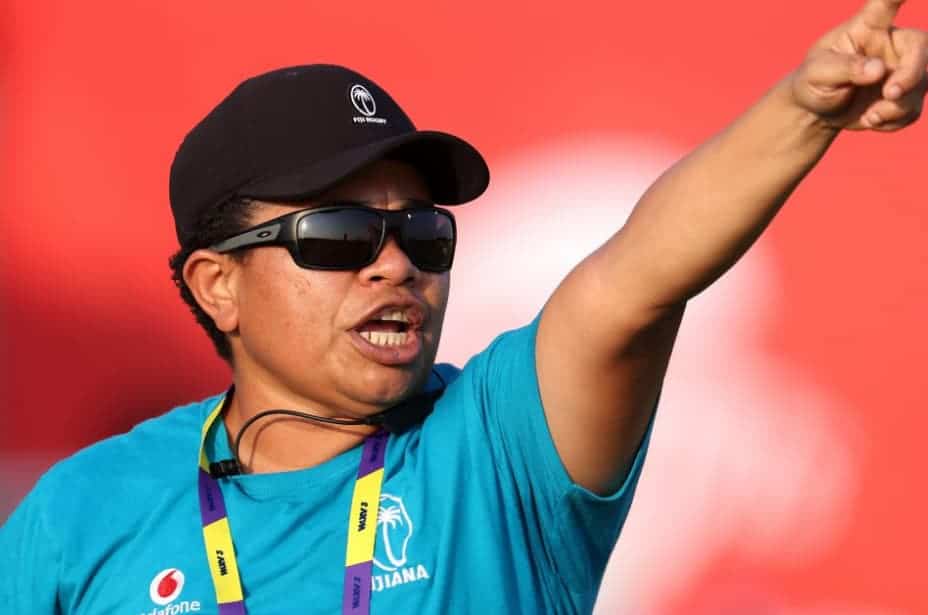World Rugby in partnership with leading global insurance brokerage firm, Gallagher, selected two coaches from the Pacific for the Gallagher High Performance Academy . . .
Please Subscribe to view full content...

World Rugby in partnership with leading global insurance brokerage firm, Gallagher, selected two coaches from the Pacific for the Gallagher High Performance Academy . . .